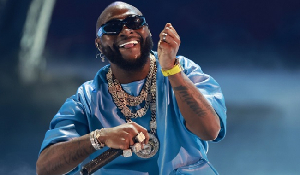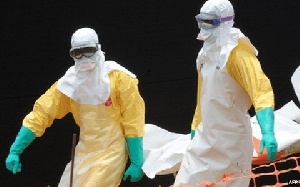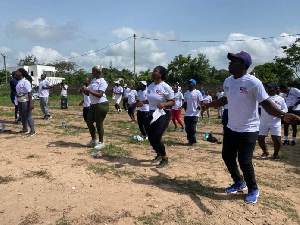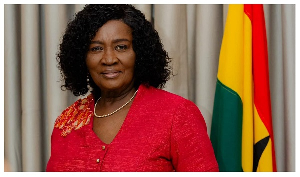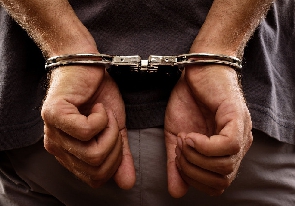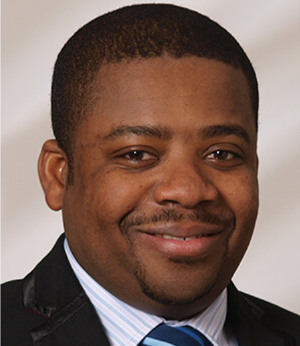The head of the World Health Organization and leaders of West African nations affected by the Ebola outbreak are to announce a joint $100m (£59m; 75m euro) response plan.
They will meet in Guinea today to launch the initiative aimed at tackling a virus which has claimed 729 lives.
Sierra Leone’s president has declared a public health emergency over the outbreak after 233 people died there.
Ebola spreads through human contact with a sufferer’s bodily fluids.
Initial flu-like symptoms can lead to external haemorrhaging from areas like eyes and gums, and internal bleeding which can lead to organ failure.
Ebola kills up to 90% of those infected, with patients having a better chance of survival if they receive early treatment.
‘A new level’
WHO Director General Margaret Chan will meet West African presidents in the Guinean capital Conakry.
“The scale of the Ebola outbreak, and the persistent threat it poses, requires WHO and Guinea, Liberia and Sierra Leone to take the response to a new level, and this will require increased resources, in-country medical expertise, regional preparedness and coordination,” she said in a statement on Thursday.
“The countries have identified what they need, and WHO is reaching out to the international community to drive the response plan forward.”
Key elements of the WHO’s new plan are:
Stopping transmission in the affected countries through “scaling up effective, evidence-based outbreak control measures”
Preventing the spread of Ebola to “the neighbouring at-risk countries through strengthening epidemic preparedness and response measures”
Sierra Leone’s President Ernest Bai Koroma announced earlier that the epicentres of the outbreak in the east would be quarantined and he asked the security forces to enforce the measures.
Health News of Friday, 1 August 2014
Source: BBC
Ebola crisis: WHO to announce $100m emergency response
Entertainment
